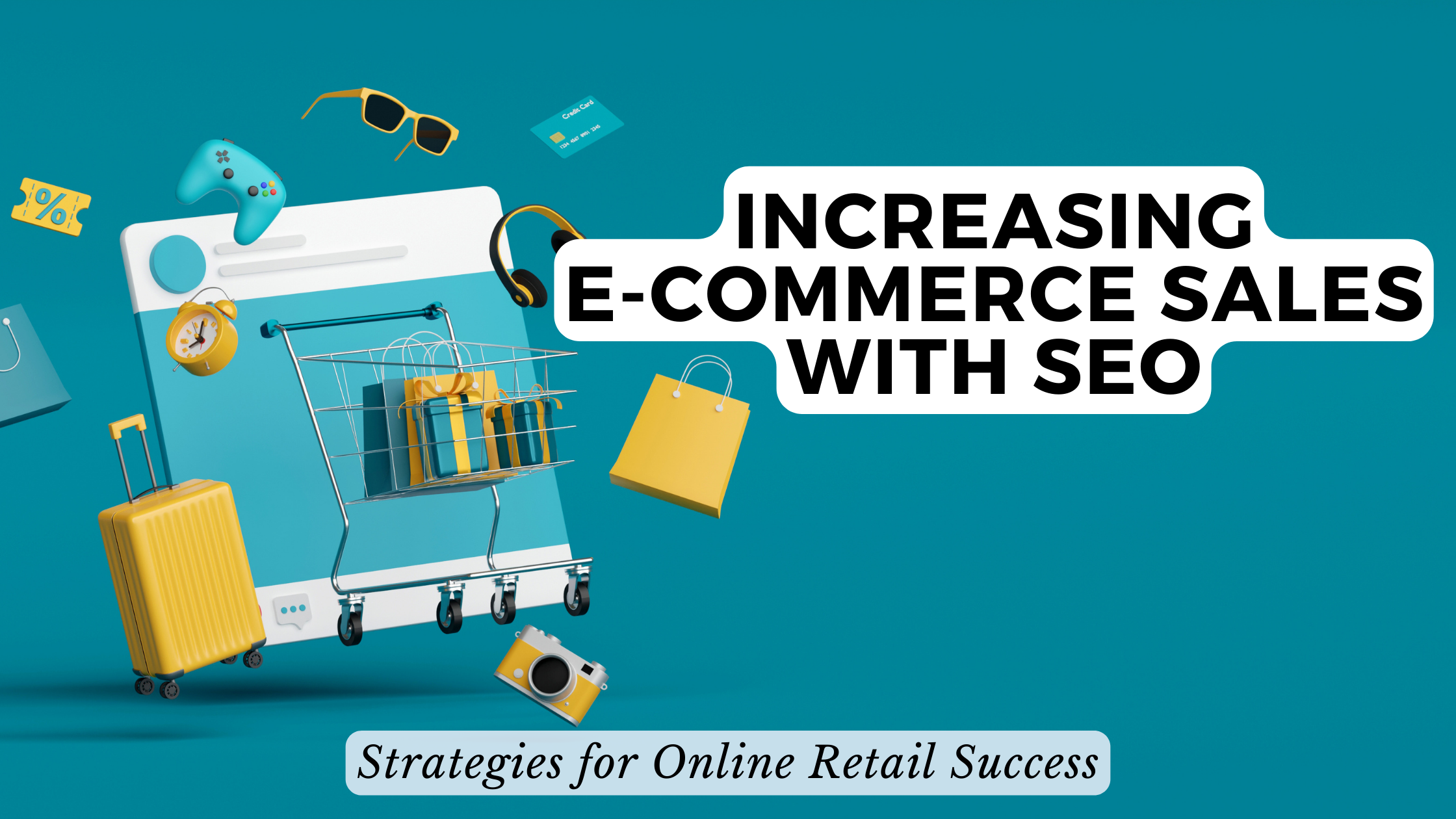Increasing E-commerce Sales with SEO: Strategies for Online Retail Success


Increasing E-commerce Sales with SEO: Strategies for Online Retail Success
In the ever-evolving landscape of e-commerce, optimizing your online store for search engines is crucial for driving traffic and increasing sales. This article delves into effective SEO strategies tailored for online retail success, providing actionable insights for retailers looking to enhance their digital presence.
Understanding the Dynamics of E-commerce SEO
The Significance of SEO in E-commerce
SEO serves as the backbone for successful e-commerce ventures. A well-executed SEO strategy not only improves search engine rankings but also enhances the overall user experience, fostering customer satisfaction and loyalty.
Key Components of E-commerce SEO
- Keyword Research: Identify relevant keywords to target potential customers actively searching for products.
- On-Page Optimization: Optimize product pages with compelling titles, meta descriptions, and high-quality images.
- Site Structure and Navigation: Ensure a user-friendly site structure that facilitates easy navigation for both users and search engines.
- Mobile Optimization: With a growing number of users shopping on mobile devices, it’s crucial to have a mobile-friendly website.
- User-Generated Content: Encourage reviews and testimonials, as user-generated content can enhance SEO and build trust.
Strategies to Increase E-commerce Sales with SEO
1. Optimizing Product Pages:
Craft unique and compelling product descriptions incorporating relevant keywords. Use high-quality images and optimize alt tags for better search engine visibility.
2. Strategic Internal Linking:
Implement strategic internal linking to guide users through your site effectively. Link related products and create a logical navigation flow.
3. Effective Use of Schema Markup:
Leverage schema markup to provide search engines with additional context about your products. This can enhance the visibility of rich snippets in search results.
4. Content Marketing for E-commerce:
Develop a content strategy that goes beyond product listings. Create blog posts, buying guides, and tutorials to engage users and capture a wider audience.
5. Social Media Integration:
Integrate social media into your e-commerce strategy. Social signals can indirectly impact SEO, and platforms like Instagram and Pinterest can drive traffic to your online store.
SaaS Products Empowering E-commerce SEO
Tools to Boost E-commerce SEO:
- Yoast SEO for WooCommerce: A powerful WordPress plugin specifically designed for WooCommerce stores, optimizing product pages and overall site SEO.
- SEMrush: Offers comprehensive keyword research, site audit, and competitor analysis, essential for e-commerce SEO.
- Shopify SEO Apps: Explore various SEO apps on the Shopify platform to streamline optimization processes for your online store.
- Moz: Provides tools for keyword research, site audits, and backlink analysis, aiding in a holistic SEO approach for e-commerce.
- Google Analytics: Utilize Google Analytics to gain insights into user behavior, traffic sources, and other critical data for refining your SEO strategy.
Conclusion
Implementing a robust SEO strategy is fundamental to increasing e-commerce sales. By incorporating the outlined strategies and leveraging relevant SaaS tools, retailers can enhance their online visibility, attract targeted traffic, and ultimately drive sales growth.
As you embark on enhancing your e-commerce SEO strategy, consider Subscribed.FYI to manage and optimize your SaaS stack effectively. Access exclusive Subscribed.FYI Deals to unlock savings on essential tools, ensuring a cost-effective and efficient approach to e-commerce success.
Relevant Links:








